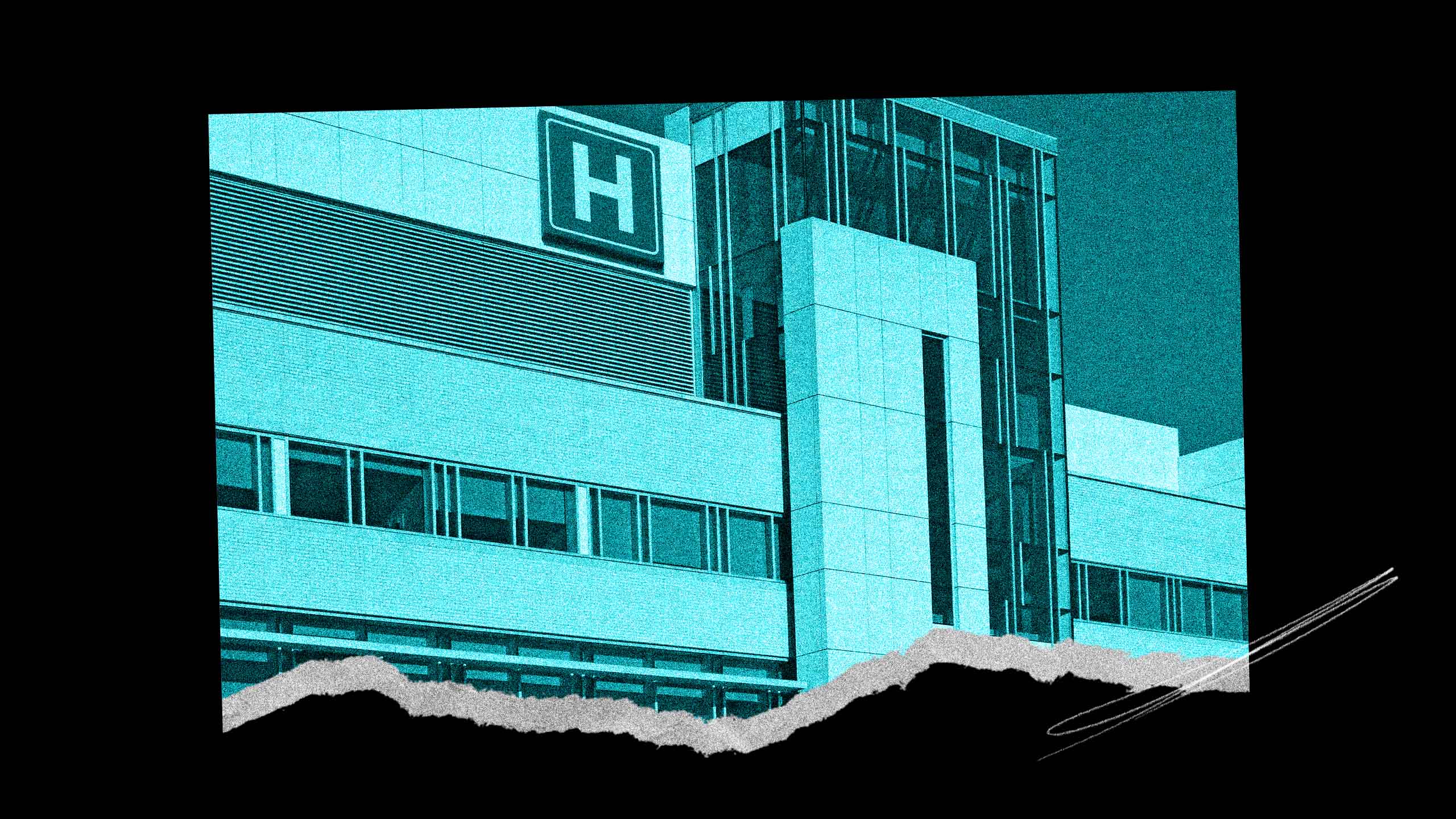Coordinated online hate targeting doctors and hospitals providing gender-affirming care to youth leads to real-life violence, according to a new report from the Human Rights Campaign (HRC).
On Tuesday, the Human Rights Campaign Foundation, the educational arm of the HRC, released a report titled Online Harassment, Offline Violence: Unchecked Harassment of Gender-Affirming Care Providers and Children’s Hospitals on Social Media, and Its Offline Violent Consequences. In the report, the organization draws connections between online harassment and misinformation about gender-affirming care and offline threats and violence. Recent organized campaigns of anti-trans harassment and misinformation have impacted access to gender-affirming treatment and, sometimes, entire hospitals full of patients, says the report. It also says social media companies have let this dangerous misinformation and rhetoric spread virtually unchecked.
“As threats against the transgender community continue to rise—especially impacting Black, Brown and young transgender people—it is crucial that we look at who are the major players fueling this campaign of hatred,” said Kelley Robinson, the president of the HRC, in a press release. “This report confirms what we have suspected for some time: these dangerous accounts are playing a major role in causing harm to healthcare providers and patients.”
The report examines a series of incidents where social media accounts targeted hospitals providing gender-affirming care to youth, stoking hatred and harassment that had offline consequences. One major example was in August, when Libs of TikTok, an account with a reputation for stoking online harassment campaigns, posted a false claim to Twitter and Facebook that Boston Children’s Hospital (BCH) was providing hysterectomies for trans minors. In the following days, they continued to spread transphobic misinformation about BCH and gender-affirming medical care, as well as posting vitriol directed at BCH staff.
Followers of Libs of TikTok quickly followed suit. BCH fielded unprecedented levels of online hate and threats toward staff, forcing them to remove educational information about gender-affirming surgery and their services from their website. They also received phone calls and emails, which the state attorney general called “disturbing to say the least.” The campaign of harassment escalated even further, culminating in a series of bomb threats that forced the entire hospital into lockdown more than once.
The report documents dozens of similar incidents at other hospitals, including Children’s Hospital of Pittsburgh, Vanderbilt University Medical Center and the University of Wisconsin.
Using all these incidents, the HRC report identifies a pattern. Hate speech accounts will post inflammatory, inaccurate comments about a hospital providing gender-affirming care for youth, which leads to an immediate barrage of online harassment. Offline, hospitals and staff start receiving threatening phone calls and emails, sometimes forcing them into lockdowns and evacuations that affect all patients. Then, extremist politicians use the disinformation from the original posts to rile up their base, in some cases introducing legislation restricting gender-affirming care. Finally, hospitals halt gender-affirming services or remove important information about them from their website because of safety concerns.
“They are no longer just making the internet an unsafe place for transgender people and allies,” said Robinson in the statement, referring to accounts like Libs of TikTok and far-right commentator Matt Walsh. “The ruthlessness and the vitriol has long ago expanded beyond the confines of the screen to spawn threats of physical harm on people.”
The report also says that social media companies have allowed this rhetoric to continue. Despite these accounts violating Twitter and Facebook policies on hate speech and harassment, they all remain active. Temporary suspensions have done little to stop their behaviour, the report says. It goes on to say that without intervention from these platforms themselves, there will be more hate speech and violence organized this way.
Medical professionals who’ve seen the effects of these campaigns on patient care, and in some cases been harassed and threatened themselves, have been speaking out about the consequences.
“You don’t go into pediatrics expecting to be attacked for the care that you provide,” says Angela Goepferd, a doctor providing gender-affirming care in Minnesota, in a video released by the HRC. “This fear of what’s going to happen and will my child be targeted, or will you be targeted, or will this clinic be targeted, is really causing an everyday fear in the lives of kids and families.”
In October, the American Academy of Pediatrics, the American Medical Association and the Children’s Hospital Association sent a joint letter to the Department of Justice, asking them to investigate the individuals organizing harassment against children’s hospitals providing evidence-based care. “These attacks have not only made it difficult and dangerous for institutions and practices to provide this care, they have also disrupted many other services to families seeking care,” reads the letter.
Gender-affirming care has been shown to improve health outcomes for youth. The HRC report notes that every credible medical, psychological and pediatric organization in the U.S. supports gender-affirming care for trans and non-binary people. A 2022 study published in the Journal of the American Medical Association found that gender-affirming care decreased the risk of depression and suicidality for trans and non-binary youth, who are at high risk for both.
The reports say that while social media platforms have done little to stop online hate from becoming offline violence, there are things social media users can do to help. It says that reporting harassing and abusive posts, sharing accurate, well-sourced information about gender-affirming care and posting messages of support and solidarity are ways that regular users can counteract online hate.
“LGBTQ+ allies need to call out disinformation and hate speech when they encounter it both online and offline, so doctors know there are people out there in their communities who stand in solidarity with them—not just people seeking to harm them,” the report says.


 Why you can trust Xtra
Why you can trust Xtra


